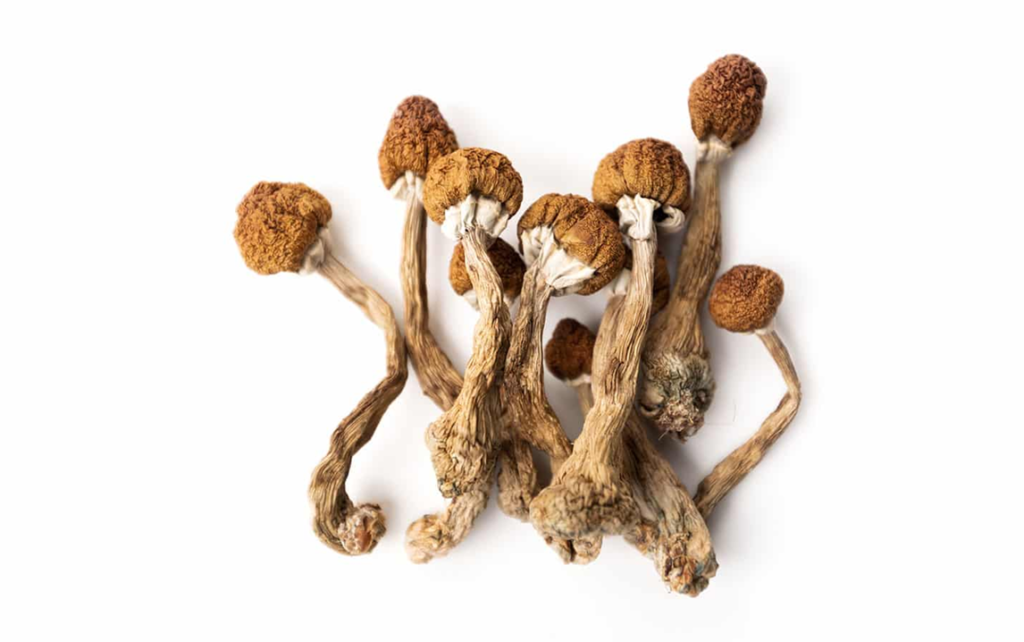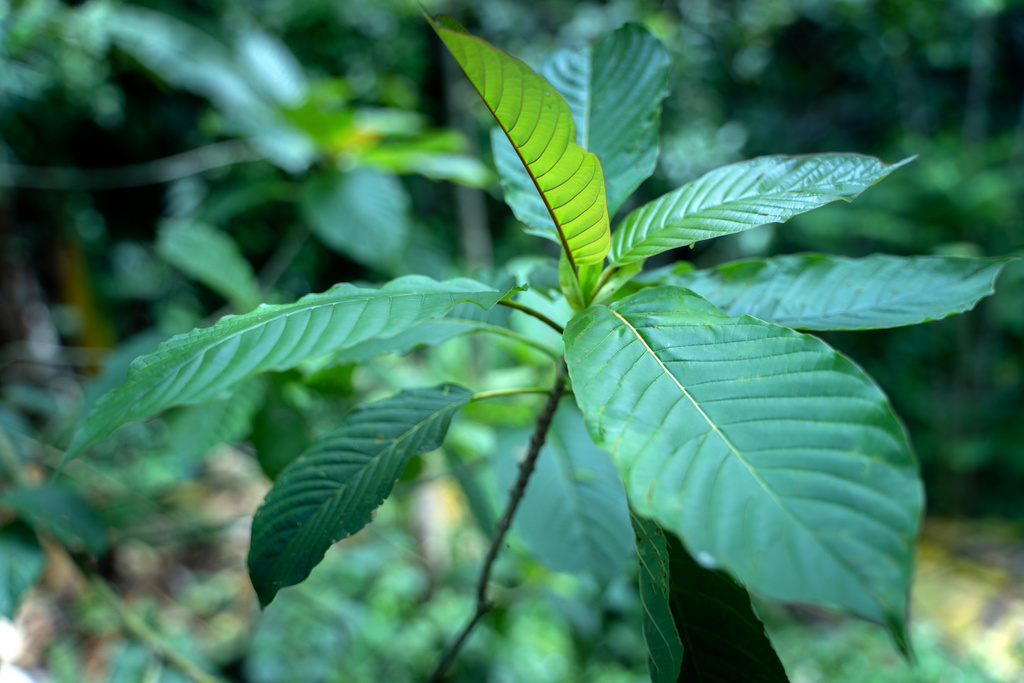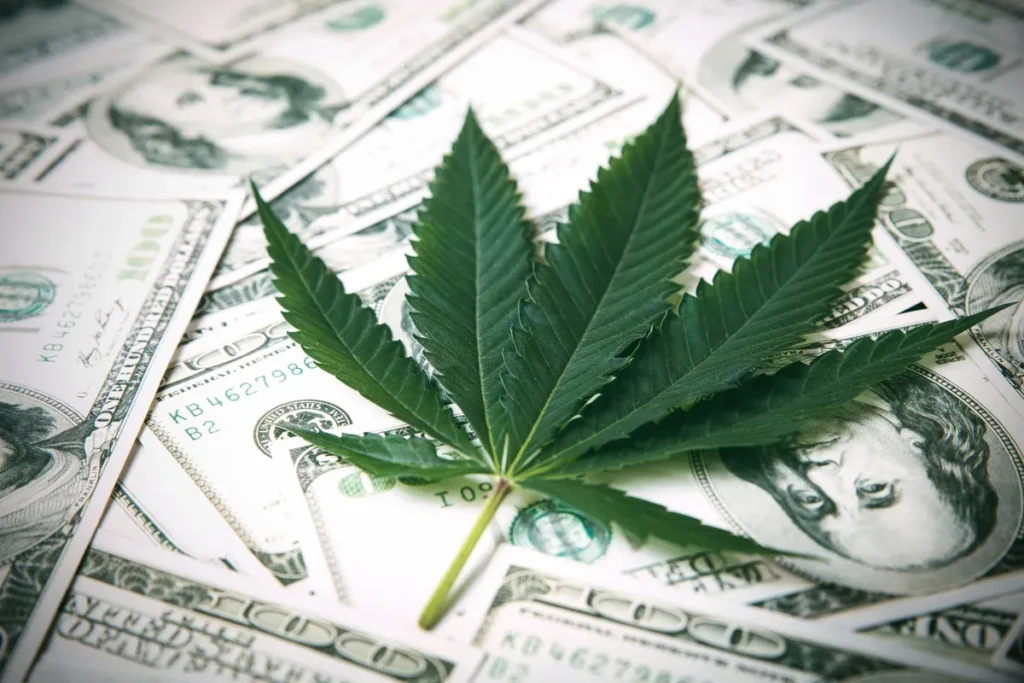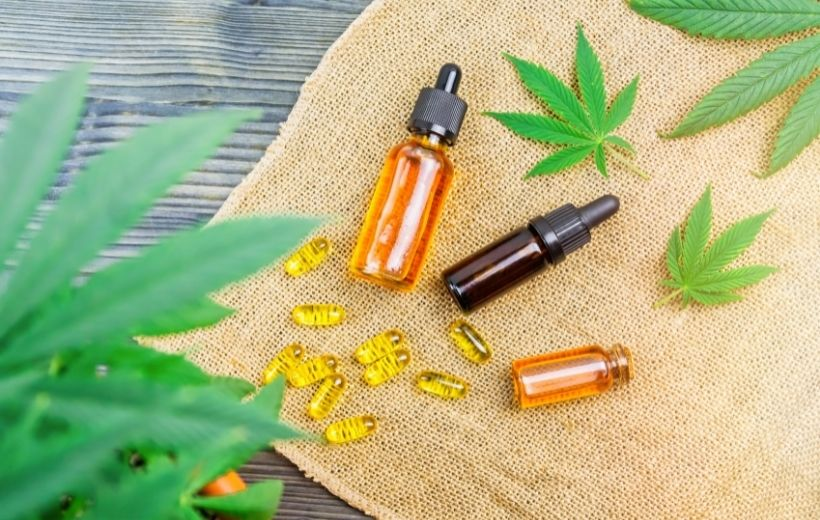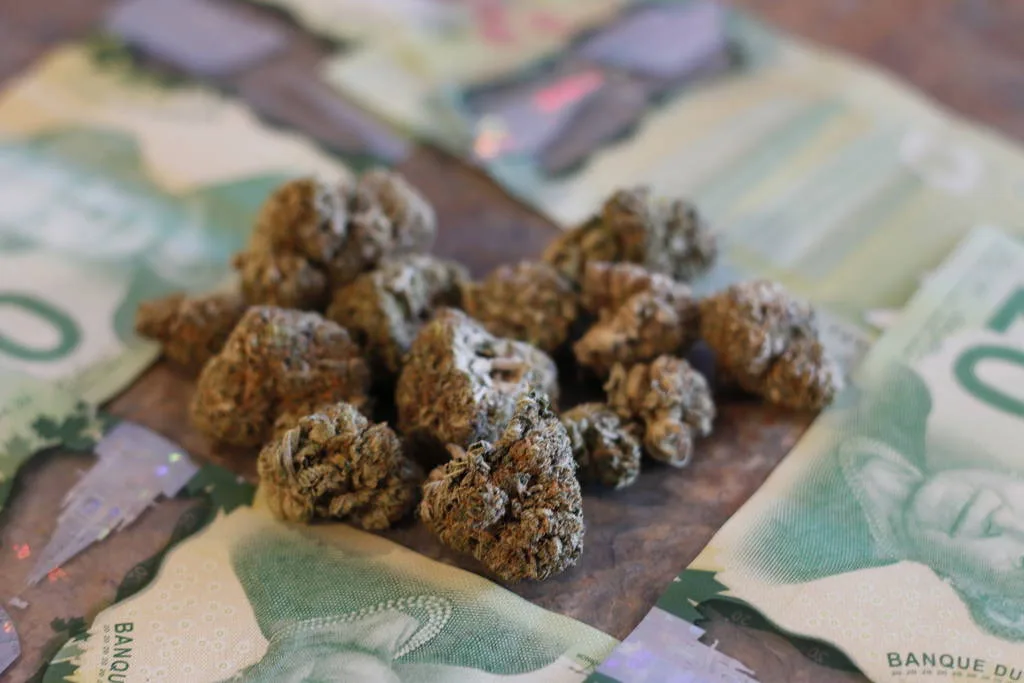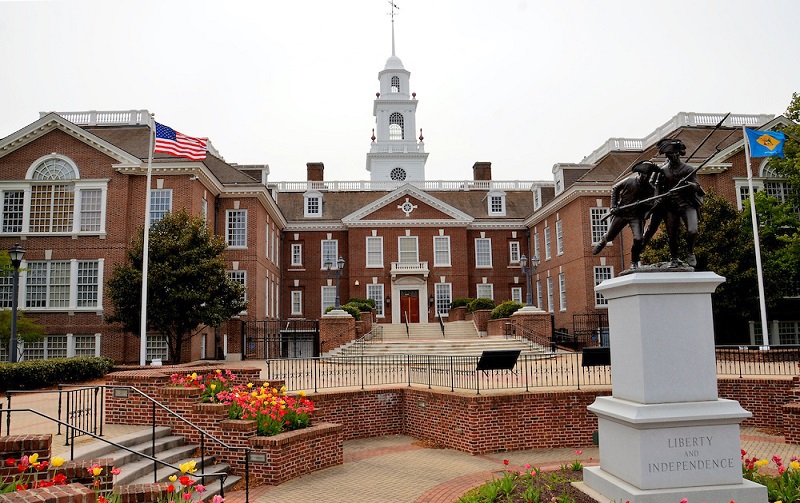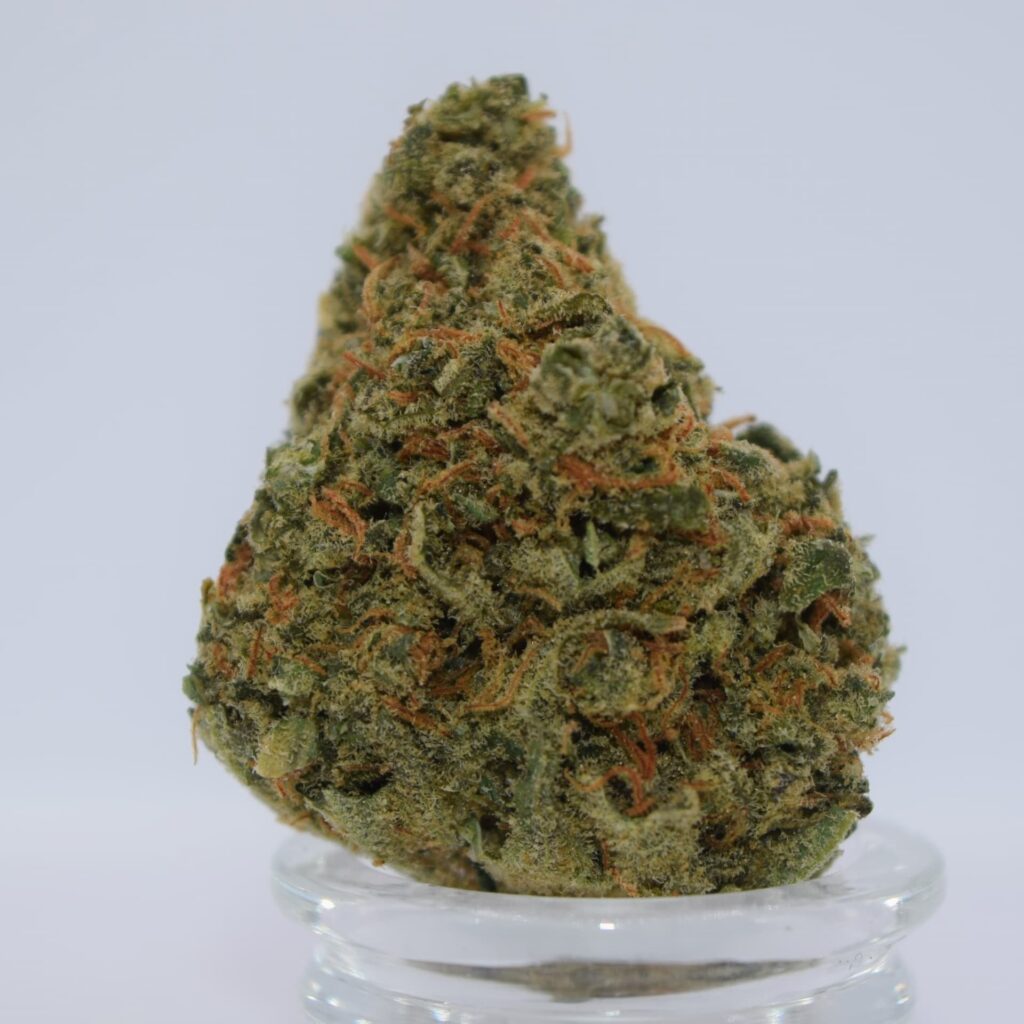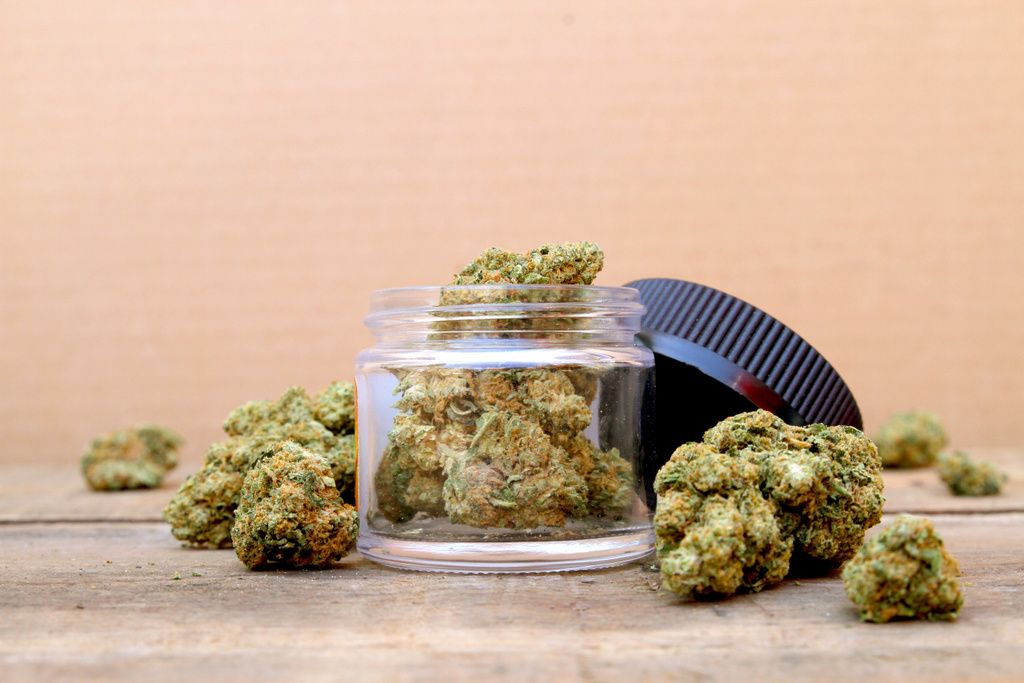A bill that would remove Washington’s residency requirement for marijuana license holders is scheduled for a public hearing in the House Committee on Finance at 8:00a.m. on March 25.

House Bill 2037 was filed last week by State Representative Melanie Morgan (D). The proposal would “modernize adult use cannabis laws” by eliminating the requirement that cannabis license holders reside in Washington, while simultaneously creating targeted tax exemptions for businesses owned by social equity applicants.
According to the bill’s findings section, the current residency requirement has restricted Washington licensees from accessing out-of-state investment, placing them at a disadvantage compared to licensees in nearly all other legal marijuana states. Lawmakers also note that the requirement poses a significant barrier for social equity applicants, many of whom lack the capital to establish and sustain a cannabis business.
Continue reading

